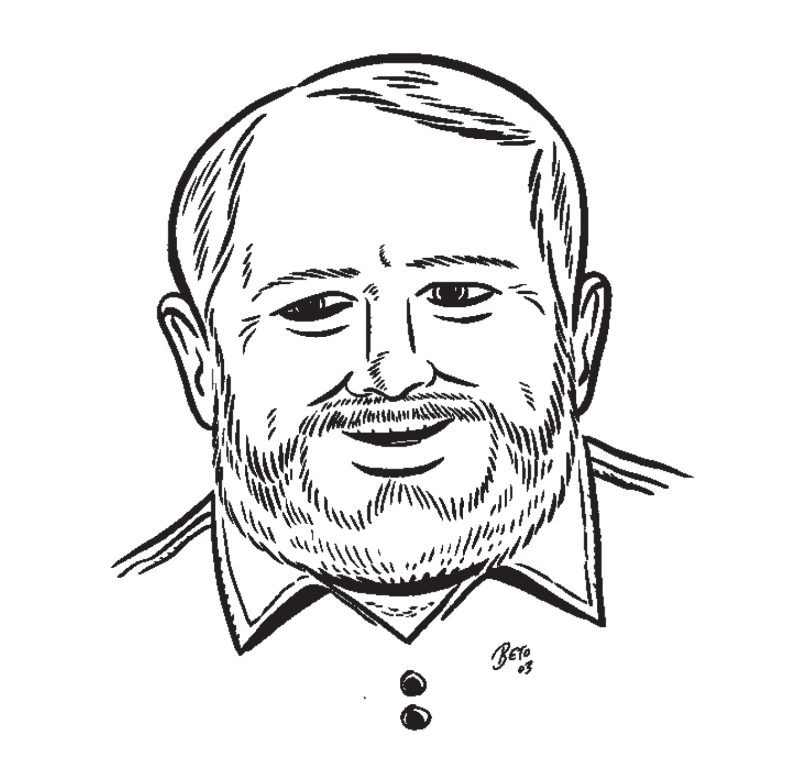We all have strong moral beliefs and make confident moral judgments. Terrorists are evil; discrimination is wrong. But where do these beliefs come from? One answer is that there are moral facts out there in the world waiting to be discovered, and rational creatures like us are capable of discovering them. Another is that these moral beliefs are part of a specific human psychology that has developed during the course of evolutionary history. According to this view, the urge to help thy neighbor is a result of the same evolutionary process that produced the urge to sleep with thy neighbor’s wife. Both urges are adaptations, like the human eye or the opposable thumb, and have evolved because they conferred higher fitness on the organisms that possessed them.
For more than thirty years, the philosopher Michael Ruse has championed this latter view. His 1986 book Taking Darwin Seriously is a full-length defense of the position that the theory of natural selection has a lot to tell us about our moral lives. Since then, Dr. Ruse—professor of philosophy at Florida State University and an absurdly prolific author—has written numerous books and articles clarifying and expanding his purely naturalistic approach to morality, religion, and epistemology. His most recent book is called Darwin and Design: Does Evolution Have a Purpose?
Ruse and other like-minded theorists have generated excitement with their views and a fair amount of controversy as well. Criticism of evolutionary ethics is a bipartisan affair. From the left come attacks from a large and vocal contingent of academics, who range from being baffled to being appalled by the claim that human nature is not entirely a social construction. (The great evolutionary biologist and entomologist E.O. Wilson—coauthor of a number of articles with Ruse—was known to certain university activists as “the prophet of the right-wing patriarchy.” During the course of one of Wilson’s lectures, a group that called itself “Science For the People” dumped a bucket of ice water on his head and then chanted “You’re all wet.”) On the right, there are the hard-line moral realists engaged in their search for “moral clarity.” To them, Darwinism introduces an element of subjectivity that threatens to undermine the certainty they bring to ethical affairs. And of course there are the religious fundamentalists, who object not only to a Darwinian approach to ethics but to the truth of evolutionary theory itself. Ruse got a taste of this brand of anti-Darwinian sentiment during his involvement in the infamous Arkansas creation trial. I began our interview—which took place over email and over the phone—by asking about this experience.
—Tamler Sommers
THE BELIEVER: In 1981 the state of Arkansas passed a law requiring science teachers...
You have reached your article limit
Sign up for a digital subscription and continue reading all new issues, plus our entire archives, for just $1.50/month.
Already a subscriber? Sign in





